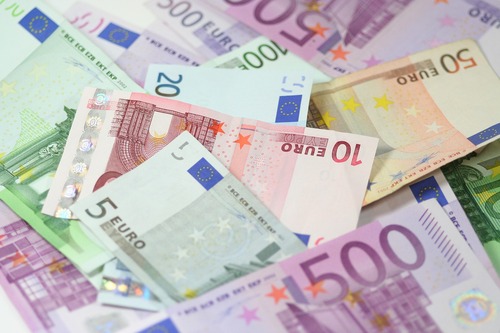Une épargne de 10 000 euros pour les ménages les plus aisés
D’après les chiffres de l’Insee, obtenus à partir de l’analyse des données anonymes de nombreux comptes bancaires du Crédit Mutuel, 25 % des ménages français les plus aisés ont épargné en moyenne 10 000 euros en 2020.
Les 25 % les moins aisés, disposant du patrimoine financier le plus faible, n’ont quant à eux pu épargner en moyenne que 218 euros sur l’année.
Malgré des écarts considérables, l’Insee constate que le patrimoine financier des Français a augmenté « pour quasiment tous les déciles du patrimoine », cette augmentation étant liée aux mesures de confinement ayant entraîné une chute de la consommation des ménages de 13 % en 2020.
Selon les secteurs d’activité, les revenus ont été plus ou moins impactés par la crise sanitaire. Les artisans et les commerçants, ainsi que les salariés du privé, ont moins augmenté leur épargne que les salariés du secteur public.
Une baisse de la consommation inégale
Si la consommation des ménages a baissé, elle n’a pas porté sur les mêmes biens et services pour tous les Français.
Les ménages les plus aisés ont davantage diminué leur consommation, celle-ci portant essentiellement sur les secteurs mis à l’arrêt dans le cadre des mesures de précaution sanitaire, à savoir les restaurants, les voyages et les activités culturelles et de loisirs.
En revanche, la consommation des ménages les plus pauvres, qui porte en plus grande proportion sur les produits de première nécessité, a moins baissé en 2020. Les cadres ont donc moins consommé que les ouvriers, et davantage épargné grâce à des salaires plus élevés.
Par ailleurs, l’âge des Français a également eu un impact sur l’épargne. Selon une étude de la Banque centrale européenne publiée en février 2021, l’épargne des plus de 65 ans avait augmenté de 5 % dans la zone euro, alors qu’elle était nulle chez les moins de 30 ans. Ce phénomène s’explique par des revenus plus stables et plus élevés chez les plus âgés.
